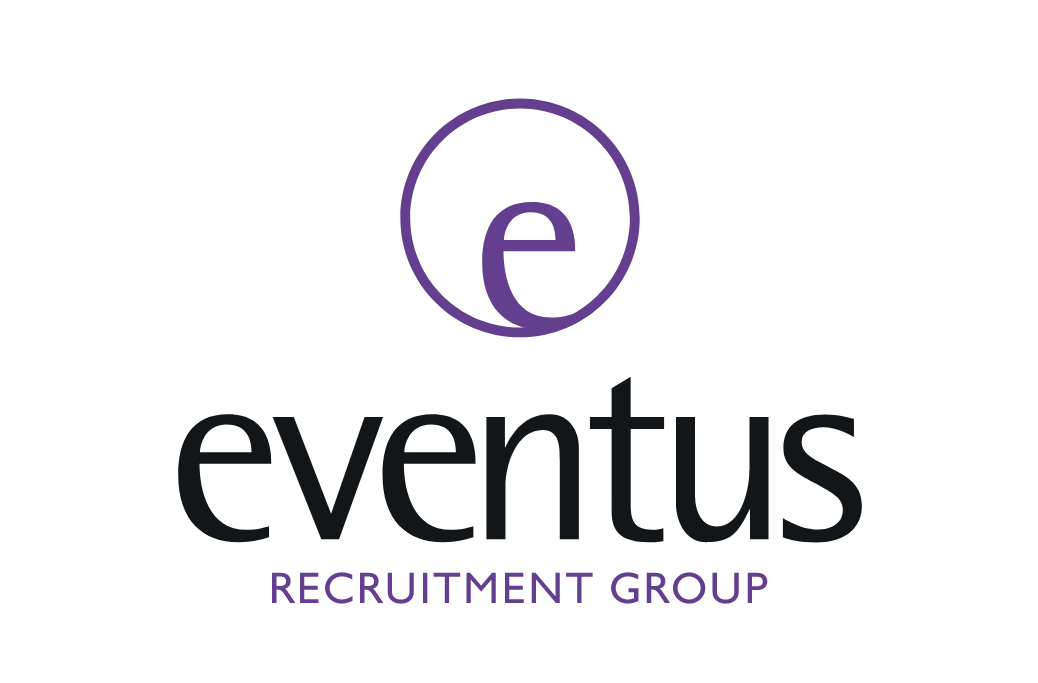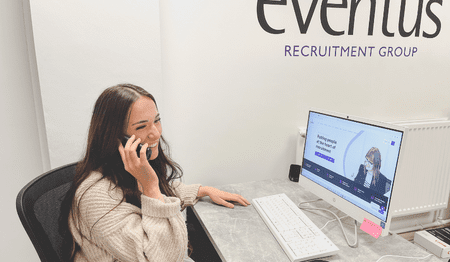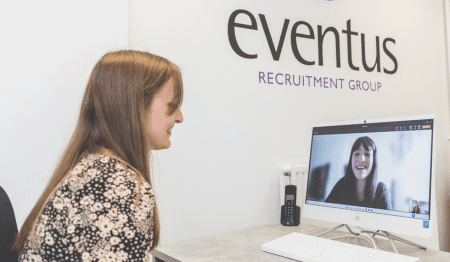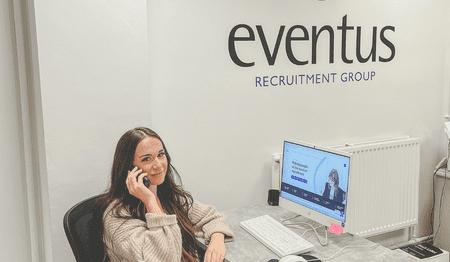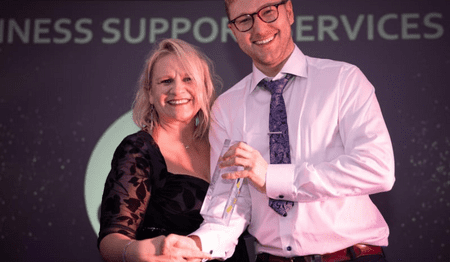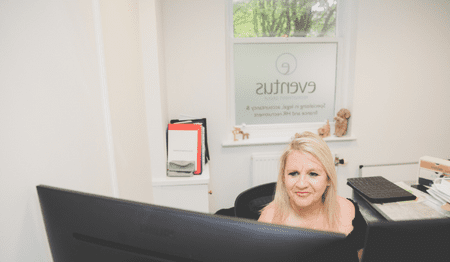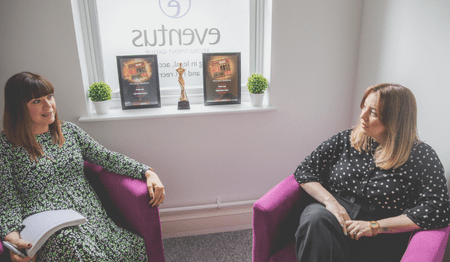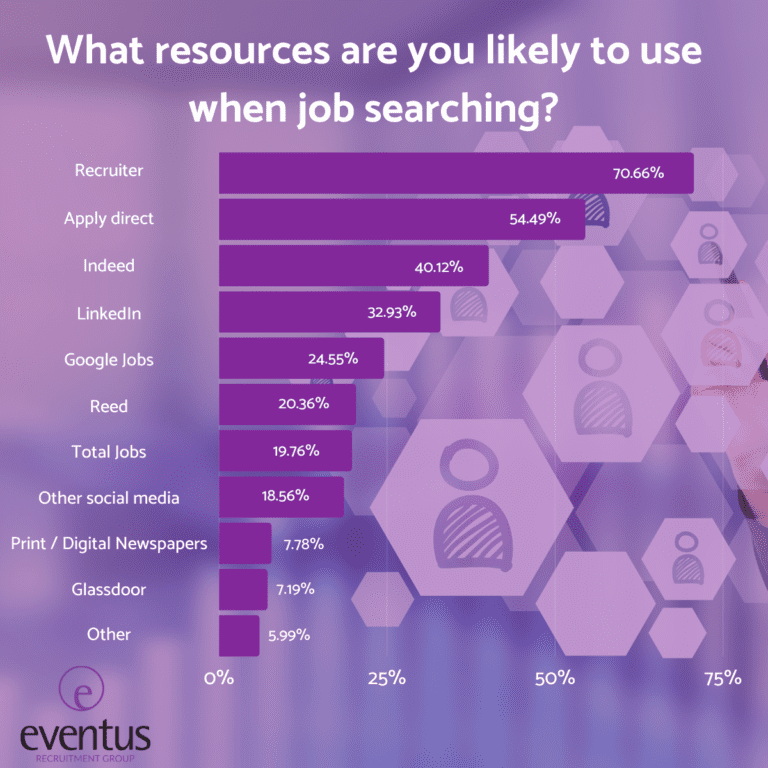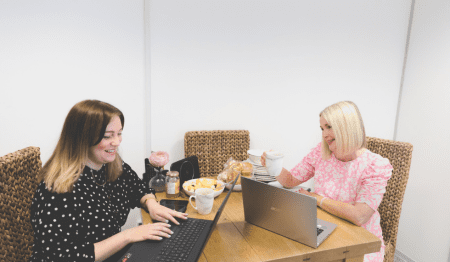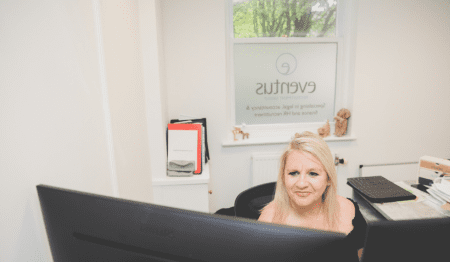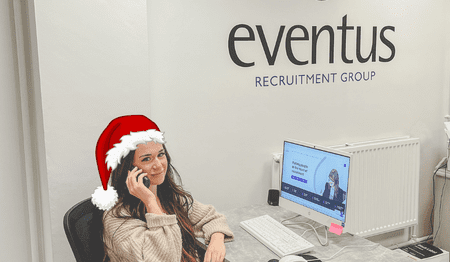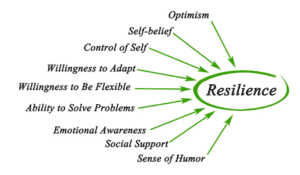People are a company’s greatest asset and it can only be as good as the people it keeps. As a result, it is essential to make your businesses’ employees feel valued in the workplace. Valued employees are more satisfied and motivated, which in turn leads to increased productivity, creativity, improved morale and teamwork. On top of this, a valued workforce leads to higher employee retention, which is key a element of a successful business.
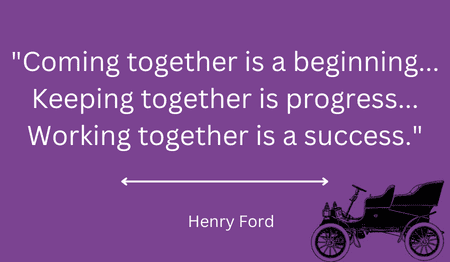
As Henry Ford said: “Coming together is a beginning…Keeping together is progress…Working together is success.”
How to make your employees valued
Valuing employees can mean different things to different people, so it is important to tailor your approach to each individual. Here are a few ways to make employees feel appreciated and valued:
Acknowledge their contributions
Make sure to thank your employees for their hard work and dedication. You can provide a platform for your colleagues recognition. This could be through employee of the month awards, peer-to-peer recognition or simply saying ‘thank you’ for a job well done.
Invest in their continued professional development
Checking in with your employees regarding career goals and progression is key. You can determine what steps are needed to get them there and support them in doing so. Investing in an employee’s professional development is an effective way to show that you value the individual.
Regular communication
Communicating with employees frequently and clearly can ensure that they feel heard. Employers can also provide transparency and listen to their opinion; this will make employees feel trusted and an integral part of the company.
Provide feedback
Regular feedback is essential to ensure employees are on the right track. Offer constructive criticism and praise to give employees the guidance they need to be successful and feel valued.
Give your employees a voice
Let them have a say in the business. Regularly ask for their opinions and provide them with regular updates on business performance. Allow your employees to approach you with their ideas. Always thank them, and provide them with recognition if you use their idea and if you don’t provide them with the reasons why you aren’t using it at this time. Regularly asking for feedback and listening to staff’s ideas and concerns can also help to make them feel heard and appreciated. Have a open door, hold discussions and / or anonymously survey employees regularly.
Offer rewards
Nothing motivates employees and makes them feel valued more than recognition and rewards. Offer incentives such as bonuses, company events, gift cards and flexitime to motivate and reward employees for their efforts.
Review your benefits
Providing your employees with the employees benefits that will enhance their way of living is a excellent way ensure your employees are valued. Ask them what they want and what will be beneficial for them. For example, flexible working hours can be a great way to give employees autonomy and make them feel appreciated.
Support
Providing employees with the tools and support they need to do their job successfully can make a large impact on feeling valued. This could be through clear expectations, adequate training and flexible working hours.
By implementing these simple steps, you can make sure your employees feel valued and appreciated.
As Stacy Sherman said “If you don’t appreciate and value your employees, your competitor will. They are looking for great talent.”
Get expert Advice
We are award winning recruitment specialists in the Legal, HR, Finance and Accountancy sectors, who go above and beyond traditional recruitment by offering an all-round consultancy service. Including, tailored specialist advice to enhance job searches, recruitment and retention strategies. Contact us today for a no obligation, confidential discussion.

